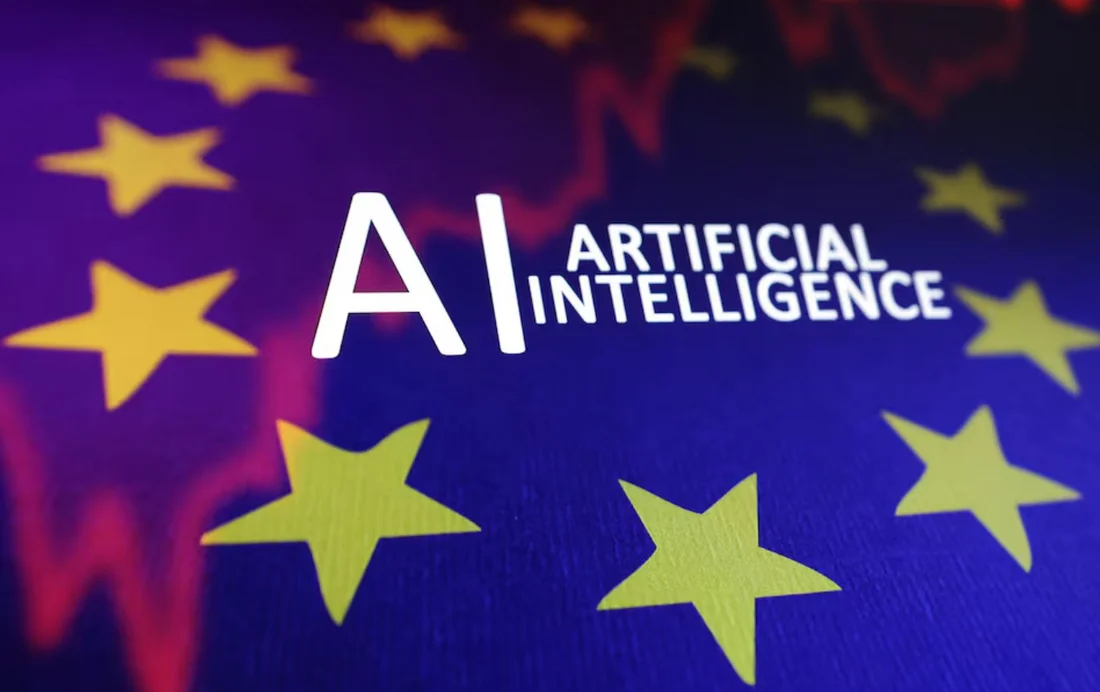Europe’s groundbreaking regulations on artificial intelligence will take effect next month following the endorsement of a political agreement reached in December by EU countries, setting a potential global standard for a technology ubiquitous in business and daily life.
The European Union’s AI Act surpasses the United States’ more hands-off voluntary compliance approach, while China’s strategy focuses on maintaining social stability and state control.
EU countries’ vote came after EU lawmakers approved the AI legislation drafted by the European Commission in 2021, incorporating several key changes.
Global concerns about AI’s potential contributions to misinformation, fake news, and copyright infringement have escalated in recent months, particularly with the rise of generative AI systems like Microsoft-backed OpenAI’s ChatGPT and Google’s chatbot Gemini.
Belgian Minister for Digitization Mathieu Michel hailed the AI Act as a landmark law, addressing a global technological challenge while creating opportunities for societies and economies.
The AI Act imposes stringent transparency requirements on high-risk AI systems, while requirements for general-purpose AI models are less burdensome.
It limits governments’ use of real-time biometric surveillance in public spaces to specific cases, such as certain crimes, prevention of terrorist attacks, and searches for individuals suspected of serious crimes.
The legislation will have implications beyond the EU, with companies outside the bloc using EU customer data in their AI platforms needing to comply. Other countries and regions may adopt the AI Act as a blueprint, similar to how they embraced EU privacy rules like GDPR.
While the legislation will officially apply in 2026, bans on AI use in social scoring, predictive policing, and untargeted scraping of facial images from the internet or CCTV footage will take effect six months after the regulation’s entry into force.
Obligations for general-purpose AI models will apply after 12 months, and rules for AI systems embedded into regulated products will take effect in 36 months.
Penalties for violations range from 7.5 million euros or 1.5% of turnover to 35 million euros or 7% of global turnover, depending on the severity of the violations.




